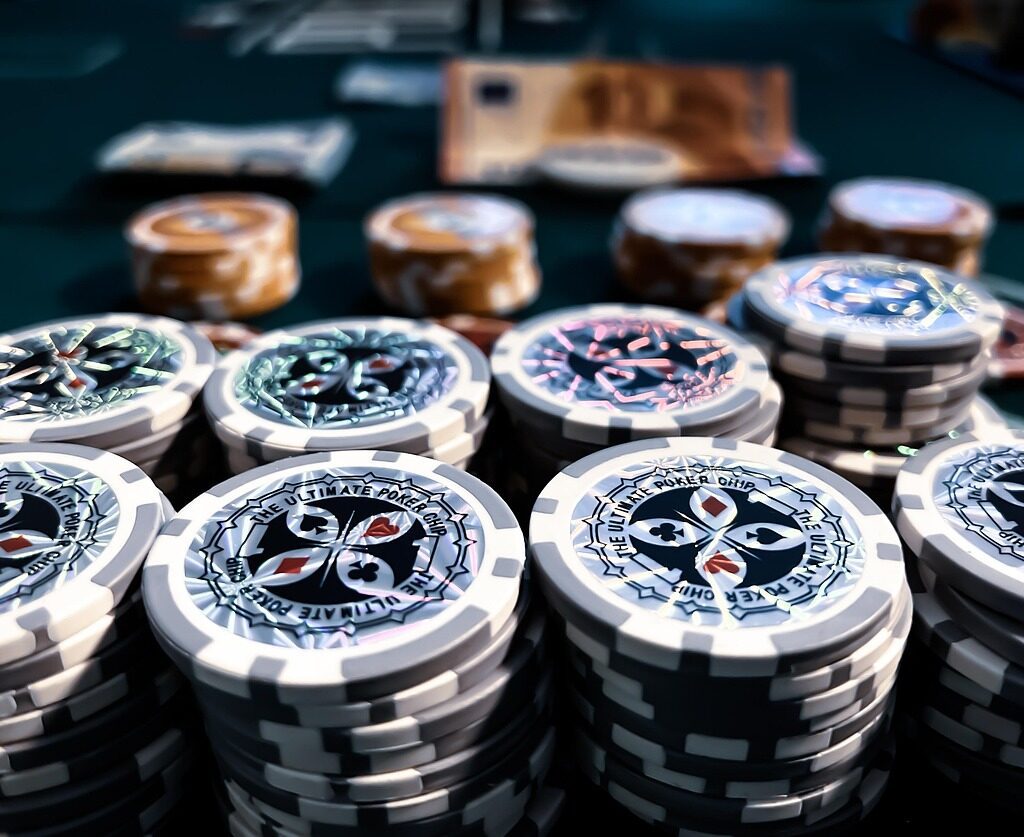Online platforms have already shown how unpredictability fuels engagement. Loot boxes, random rewards, and timed incentives are now standard in digital environments that compete for user attention. But what if physical poker rooms adopted the same mechanics? Could a sealed envelope or digital spin between hands, a live version of a Mystery Box, enhance the experience without compromising the seriousness of tournament play?
As gambling culture evolves, this article asks a pragmatic question: is there room for surprise in a skill-based setting? We examine how live tournament poker might accommodate this model, what it would mean for behavior at the table, and how operators might weigh the potential upside against their credibility.
Why Casinos Use Surprise Rewards
Digital gambling platforms have long studied how to maintain user attention. One proven tactic: unpredictable rewards. When players receive unannounced bonuses, randomized drops, or loot box-style rewards, they stay longer and interact more. This isn’t theoretical. Casino stats show that players engage longer when rewards are unexpected, rather than guaranteed.
The reason lies in how human reward systems function. Dopaminergic responses spike higher when rewards are unexpected rather than guaranteed. From a behavioral design perspective, this gives surprise mechanics an advantage over fixed bonuses. For platforms, it means sustained engagement. For players, it often means one more spin, one more hand.
Live poker rooms face similar stakes. While tradition anchors their formats, they still compete with digital products that engineer reward experiences in real time. If live play wants to stay relevant, especially among newer players, introducing selective unpredictability might be less a risk than a necessity.
Bringing Mystery Boxes to Live Poker
For this to work in physical poker environments, execution matters. Tournament structures are finely balanced, and any added element must respect pace and fairness. But that doesn’t rule out innovation. One option: prize boxes tied to hand milestones. For example, when hand 50 is dealt, a random table receives a sealed envelope containing a bonus.
Other ideas include random reward draws during scheduled breaks, or bonuses linked to performance moments, such as knocking out another player. The delivery mechanism could vary: physical boxes under seats, scratch cards, QR codes, or digital wheel spins controlled by tournament staff.
The rewards themselves don’t need to be extravagant. Small-ticket perks like free food credits, seat upgrades, or discounts on future events would suffice. The potential value comes from surprise. But simplicity is critical. Prizes should never confuse players or distort core game dynamics. A smooth integration would respect the tournament’s structure while refreshing the player experience.
What Surprise Does to Player Behavior
The neurological response to unpredictability has been well documented. A study examining a link between loot box rewards and arousal found that rare, unexpected digital rewards triggered heightened physiological responses and a stronger desire to continue playing. In short, surprise acts as fuel.
At the poker table, this could have both stabilizing and destabilizing effects. Well-timed prizes might keep mid-session fatigue in check, giving players a jolt of focus without altering the stakes. When players feel their efforts may be noticed outside of raw chip accumulation, engagement often deepens.
Still, not all potential outcomes are helpful. Unexpected rewards could also elevate tension or prompt riskier decisions if players feel they’re being randomly observed or evaluated. That’s why implementation would have to be predictable in timing, even if prizes remain unknown. Surprise should sharpen attention, not override decision-making discipline.
Can Poker Stay Fair With Random Prizes?
Fairness sits at the center of tournament poker. Introducing luck-based incentives risks undermining this foundation. But it depends on how randomness is framed. Bounty tournaments, for instance, already inject chance into the reward structure without eroding trust.
The difference lies in control. In a well-run mystery prize model, players understand when a reward might occur, even if the contents are unknown. Transparency about timing and odds allows for psychological fairness, even where outcomes vary. Opt-in mechanics can further safeguard integrity by giving players the choice to participate.
Importantly, these rewards must never affect the tournament’s core variables – stack size, blind level, payout structure. The game must remain about cards and decisions. Surprise should add flavor, not define the outcome. And done with clarity, it wouldn’t disrupt the hierarchy of skill.
Is This Profitable for Poker Rooms?
For poker rooms, the question isn’t just whether this model works, but whether it pays. Mystery rewards offer something rare in this space: perceived value without high cost. A $10 bar voucher pulled from a sealed box feels like a win, even if it costs little to provide.
For recreational players, this can be enough to return next week. Added unpredictability, when limited to small doses, can generate loyalty in ways traditional payout structures can’t. The key is to avoid interference with serious play. What matters here is timing. A good prize mechanic doesn’t interrupt. It resets the tempo.
Online poker platforms compete through volume, speed, and constant accessibility. Discussions around online poker earnings tend to focus on grind potential and long-term ROI. Local rooms operate differently. Their strength lies in physical presence, and small, contained incentives may be more effective at keeping players engaged than any distant profit calculation.
One Turn of the Card – Innovation or Distraction?
Uncertainty has always played a role in poker. Cards fall as they may. But off-table rewards could introduce a different kind of unpredictability, one centered not on luck, but on timing and design. The challenge is to build this layer without blurring the core logic of the game.
Surprise mechanics aren’t in any way essential to live poker. But they may help maintain its relevance in a market built on short attention and constant novelty. That alone makes the question worth asking. And if the answer comes one envelope at a time, so be it.



